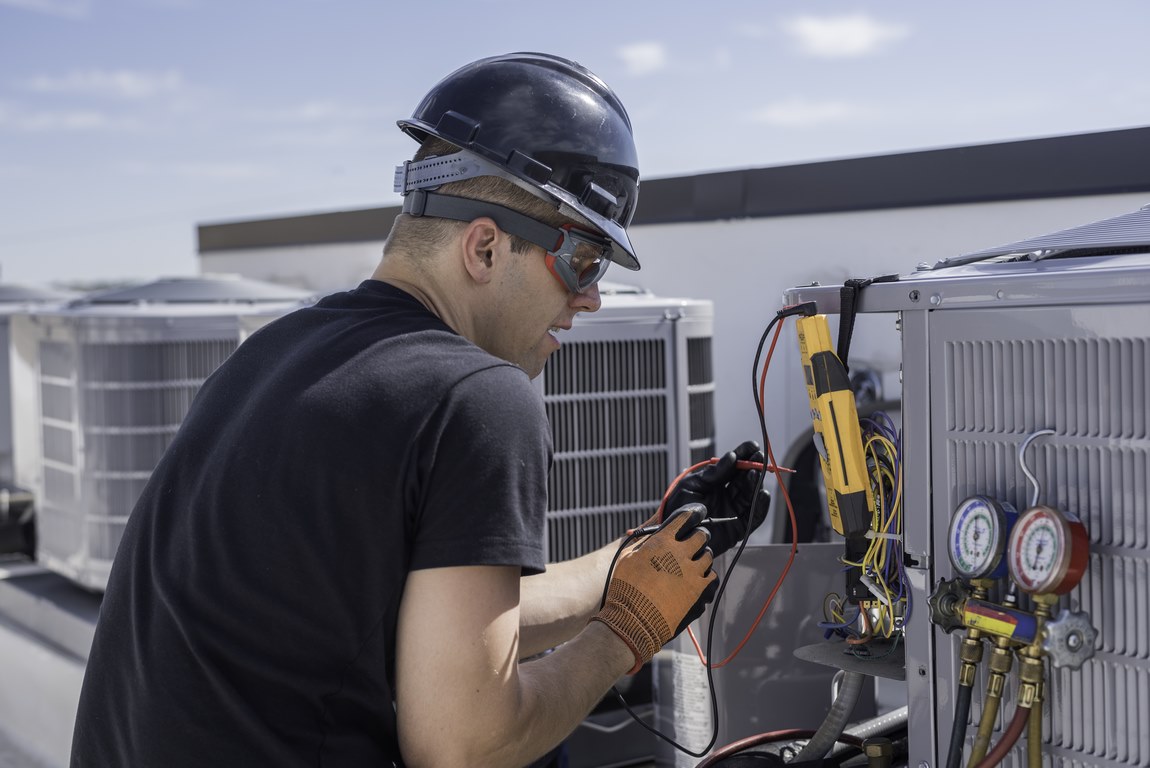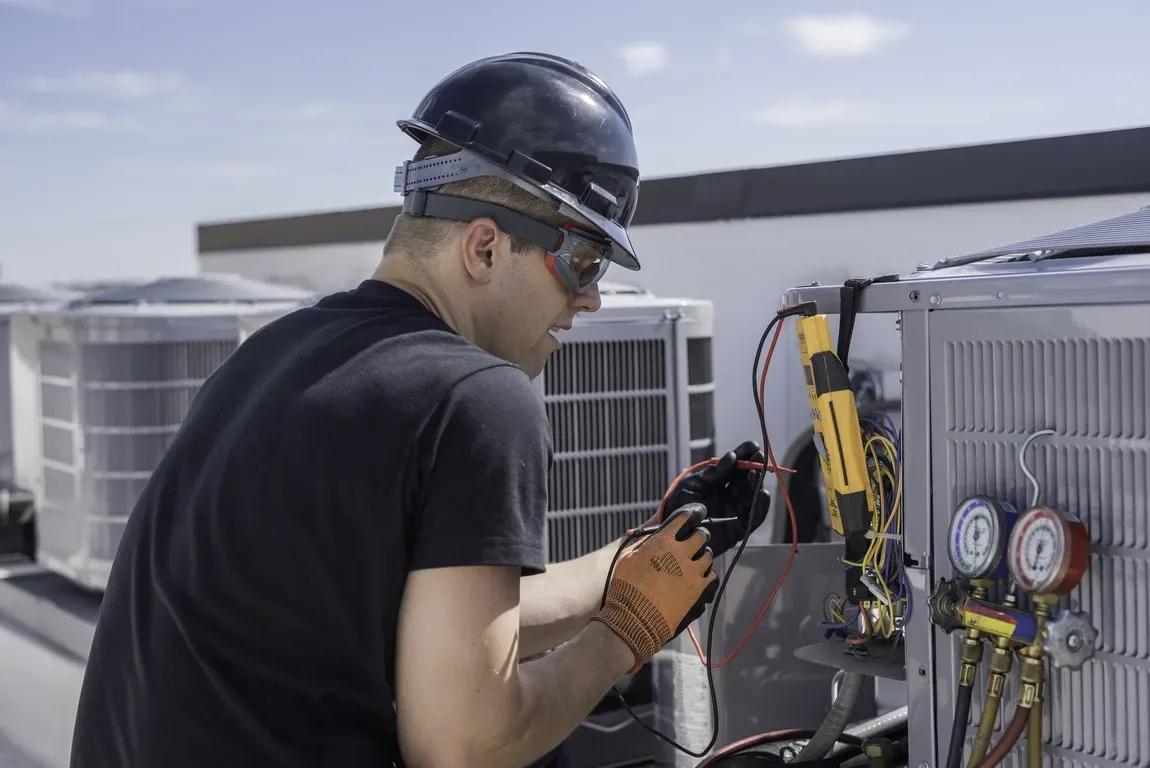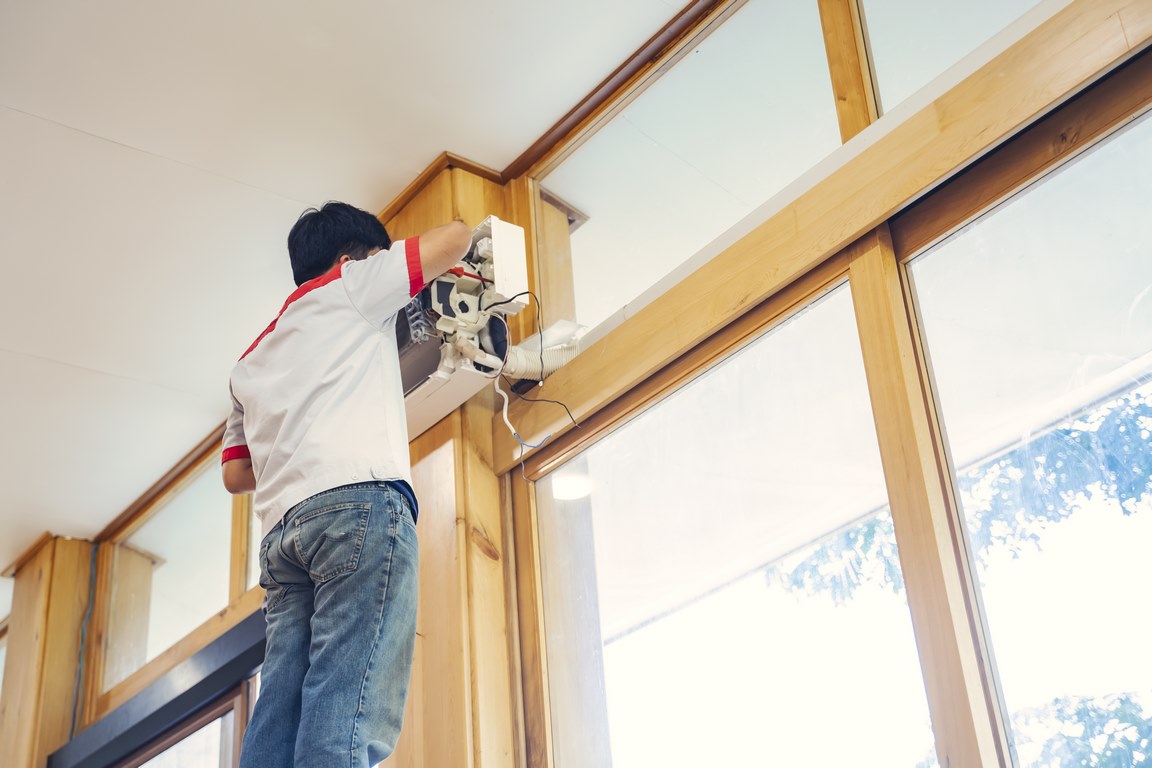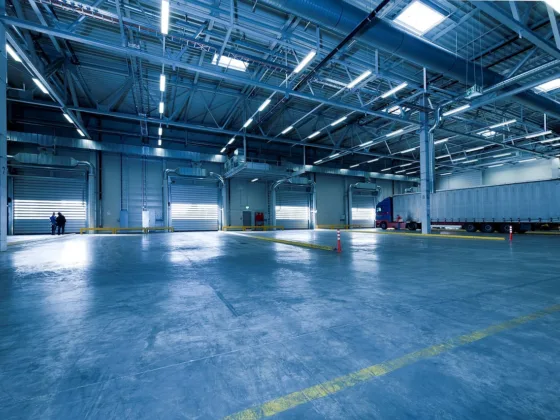Maintaining and your home’s heating, ventilation, and air conditioning (HVAC) system can benefit you in many ways.
One of these is preventing costly breakdowns, which can let you enjoy savings in the long run. Having it always checked is important to avoid unnecessary expenditures.

Prolonging Your HVAC System
You don’t have to spend a lot if you want your system to function well and last for years. However, make sure to follow these guidelines to extend the lifespan of your HVAC:
1. Change Your HVAC’s Filters Regularly
Most people don’t realize the significance of filters in HVAC systems, and such are vital components because they’re the first line of defense against contaminants, which may impact air quality.
If you have dirty filters, it can affect your system’s overall operation and efficiency. With this in mind, you must change your HVAC filters regularly to maintain good indoor air quality.
Try to have upgraded quality filters to get rid of small particles from the air, which can be beneficial for those who have allergies.
When shopping around for filters, ensure to get them from reliable HVAC providers to ensure quality and for you choose the right one suited for your system.
2. Keep Up with The Regular Maintenance of Your System
One of the ways to extend your system’s lifespan is regular maintenance. No matter what type of HVAC system you have, it requires love and cares to run efficiently.
During the spring season, make sure to tune up your AC system; and for optimal protection and efficiency, check your heating system during the fall season.
Although it’s okay to do a routine HVAC tune-up on your own, it’s best to rely on HVAC technicians who can test your system for proper airflow and ensure everything’s working efficiently.
If there’s something wrong with your system, your hired technician can repair it right there and then, which can prevent problems with the components in the future.
However, when hiring technicians for regular HVAC maintenance and seasonal check-ups, it’s important to hire the right one.
To get great results, make sure to work with professionals who have been in the industry for years and are known for their good reputations.
Read Also:
3. Install A Damper
Installing a damper to properly regulate the flow of air can boost your HVAC’s efficiency and increase its longevity because a damper affects the ability of any HVAC system to maintain a comfortable temperature and humidity level in your house.
Having the latest dampers won’t only maximize your system’s lifespan and improve its efficiency, but they can be helpful as well in reducing energy consumption.
They make HVAC work at their optimum condition without too much effort. When installing a damper, ensure to consult a technician.
4. Lessen Load On Your Machine
Another way to lessen daily wear on your system is by running it less frequently. To do this, make sure to consider the following:
Use A Programmable Thermostat
Just like your car’s mileage, the more you use your car, the more wear and tear it’ll encounter. Give your HVAC system its needed break when leaving your house for long periods to lessen energy consumption.
For instance, during summer, raise your temperature setting, and during winter, lower it before you leave your home or go to sleep.
To ensure your heating system or air conditioning system won’t overwork, get a programmable thermostat to set a schedule.
Avoid Closing or Covering Vents
It might not be common knowledge, but closing off your vents or doors in every room can place extra pressure on your AC system.
Usually, the pressure ends up making leaks in ducting. In the long run, such leaks can make your HVAC work harder to compensate for the wasted air.
A good solution for this is to keep objects like furniture clear from your vents and leave them open instead of closing them for rooms you don’t often use.
5. Upgrade Your Insulation
If you don’t run your HVAC system often, you can guarantee it’ll last longer. Therefore, to keep the treated air inside your house, insulation is a perfect solution.
To check for enough insulation, the most important place you shouldn’t forget is your attic. The type and amount of insulation you need may also vary by region.
So for insulation upgrades, know the guidelines in your state.
If you don’t have enough insulation throughout your house, it’s worthwhile to insulate your basement or add insulation to your wall cavities.
A good way to evaluate and locate the insulation weak spots is by scheduling a professional energy audit
Conclusion
Although the listed tips can be effective in extending the life of your HVAC, you have to know the average lifespan of most systems is 10-15 years.
After that, the efficiency will drop incrementally and repairs might be necessary. In case your system is old, it’s best to replace it instead of repairing its parts, which may cost you more.











